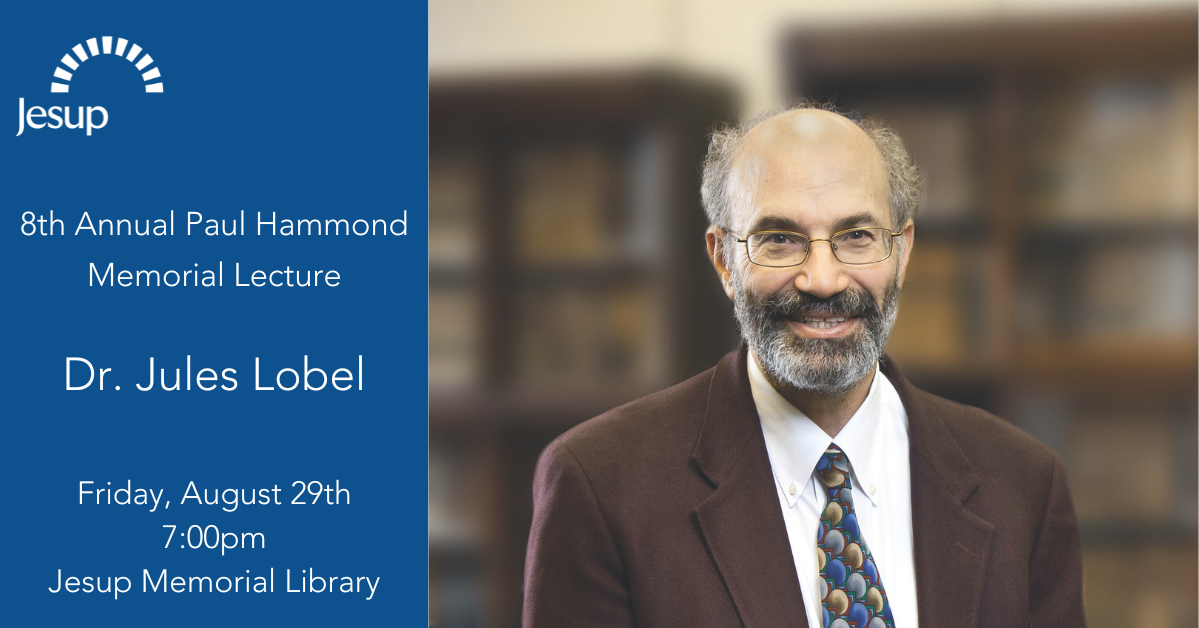The Paul Hammond Memorial Lecture, in honor of the late Paul Hammond, brings a speaker for a talk at the Jesup that explores philosophy for a lay audience. Hammond, the son of Debby and Scott Hammond, grew up on MDI and was a professor of philosophy who passed away in 2015. He was passionate about discussing ideas and current events, as well as promoting well-reasoned and logical arguments and debate.
The 8th Annual Paul Hammond Memorial Lecture will be delivered by Dr. Jules Lobel. Dr. Lobel’s talk, “The Philosophical Underpinnings and Critiques of the Judicial Philosophy of Originalism,” will provide an understanding of the underlying philosophical principles of the originalist jurisprudence that now dominates the Supreme Court. It will explore some of the Court’s key cases – overturning Roe v. Wade, on gun owners rights – to illustrate the philosophical principles the majority uses to justify their decisions. It will then critique that philosophy and using the Court’s own decisions, as well as Lobel’s experience challenging governmental actions based on “original meaning,” the talk will discuss a philosophical approach to using the law to achieve justice.
Jules Lobel is the Bessie Mckee Walthour Chaired Professor at the University of Pittsburgh Law School where he teaches Constitutional Law. He is the author of Success Without Victory, Lost Legal Battles and the Long Road to Justice in America (NYU 2003), and the co-author with Professor David Cole of the award winning book Less Safe, Less Free, Why America is Losing the War on Terror (New Press 2007). He has authored or co-authored numerous articles in academic journals. Most recently, he has published “Participatory Litigation: A New Framework for Impact Lawyering,” published in Stanford Law Review. He was formerly the President of the Center for Constitutional Rights (CCR). On behalf of CCR, he argued the case of Wilkinson v. Austin in the United States Supreme Court and was lead counsel in the Ashker v. Brown case, challenging the prolonged solitary confinement of hundreds of prisoners in California as cruel and unusual punishment prohibited by the United States Constitution and International Law. Both cases resulted in hundreds of prisoners being released from prolonged solitary confinement and placed in the general population. In the 1980s and 1990s, Lobel litigated a number of important cases challenging Presidential power in foreign policy matters to act without or in derogation of Congressional authorization, and his book Success Without Victory is based on those cases.

